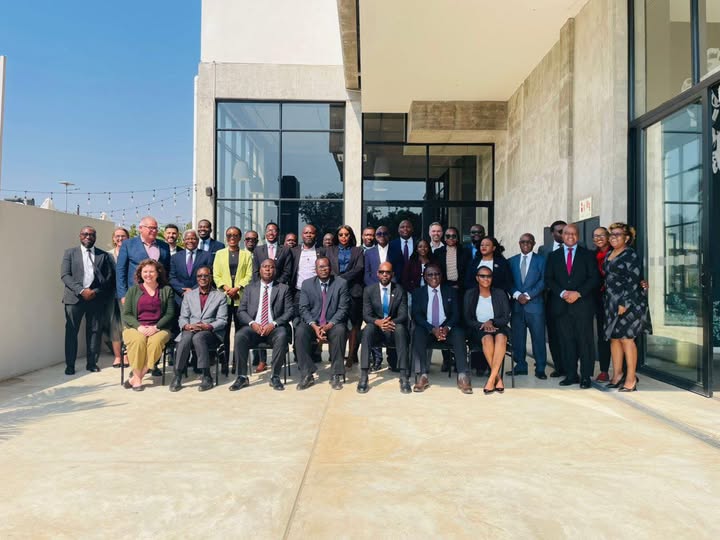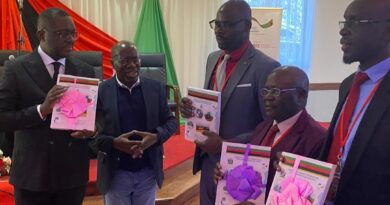ERB Hosts Electricity Open Access Consultation to Drive Zambia’s Energy Transformation
The Energy Regulation Board (ERB) has convened an Electricity Open Access Stakeholder Consultation Meeting, bringing together major players in Zambia’s power sector to provide input on documents guiding the rollout of Electricity Open Access.
Officiating at the meeting, Mr. Michael Mulasikwanda, Assistant Director of Electricity and Power Development at the Ministry of Energy, delivered remarks on behalf of the Permanent Secretary.
He reviewed Zambia’s ongoing electricity reforms, highlighting that the Electricity Act No. 11 of 2019 and the Energy Regulation Act No. 12 of 2019 created the framework for fair and non-discriminatory access to transmission and distribution networks.
Mr. Mulasikwanda stressed that the Open Access model is designed to attract investment, support industrial growth, expand electricity access to households and SMEs, safeguard existing contracts, and ensure future demand is met in line with the Integrated Resource Plan (IRRP).
In his remarks, ERB Director General, Eng. Elijah Sichone, emphasised that the Electricity Open Access Framework will enable qualifying participants to utilise available spare transmission or distribution capacity on equal terms.
He explained that the model is not only a response to current energy challenges but also a strategic measure to position Zambia as a regional power hub in Southern Africa.
“Electricity Open Access will stimulate investment into Zambia’s electricity sub-sector while ensuring long-term sustainability. It is a key intervention for industrialisation, job creation, and regional energy trade,” Eng. Sichone said.
The ERB announced that a dedicated monitoring framework will be established to oversee implementation. This will identify challenges, ensure transparency, and allow continuous improvement to keep the process responsive to stakeholder needs.
During the consultation, stakeholders reviewed and gave feedback on key documents, including the System Operations Guidelines, Participation Agreements, and Balancing Agreements. The meeting was described as a crucial step in shaping a robust, transparent, and sustainable electricity market that supports national development.



